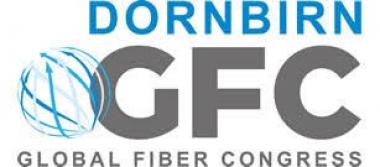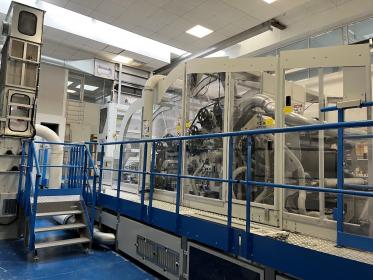CALL for PAPERS - Dornbirn GFC 2024
The programme committee is now accepting paper proposals for the Dornbirn GFC Global Fiber Congress 2024. They will be accepted through 15 February 2024
TOPICS
Fiber innovations
Is the core focus, including all applications like apparel, home, automotive, technical textiles etc. Nonwoven applications itself show very high innovative potential and will be part of this group. Natural fibers like cotton, wool and others will enrich the wholistic approach in the fibres space. Raw materials for the manmade fibre production like Pulp and upstream materials for synthetic fibers will extend this core pillar.
Circular Solutions & Recycling & Sustainability
Due to rising awareness of the climate change and the implementation of the “Green Deal”, “Sustainable Development Goals”, “ESG” and other, this pillar became enormously relevant over the years including:
sustainability in general for textiles and nonwovens, new and upcoming sorting- and separation technologies, mechanical recycling and chemical recycling and other ways forward.
Energy Solutions
As energy is becoming significantly important for the whole value chain in terms of costs and sustainability, there will be a strong focus on energy innovations at the next congress.
Emerging Tech
Topics around Digitalization, AI, Transparency and Traceability will get high influence in the value chain and thus open up new approaches in innovation.
Dornbirn GFC





















